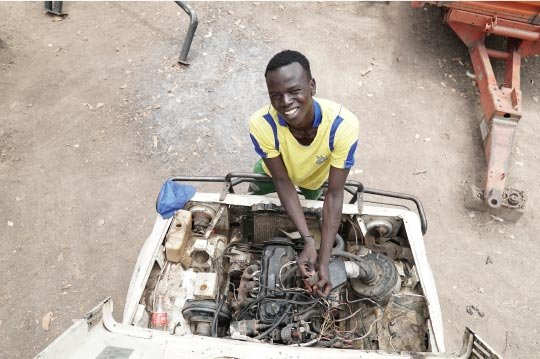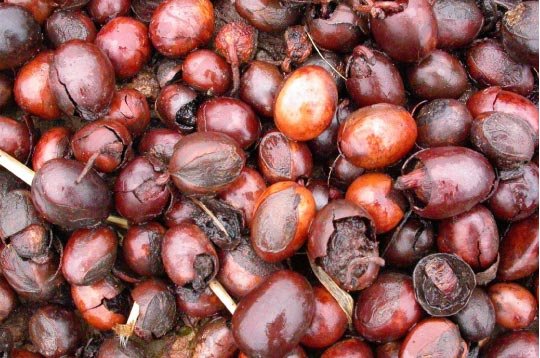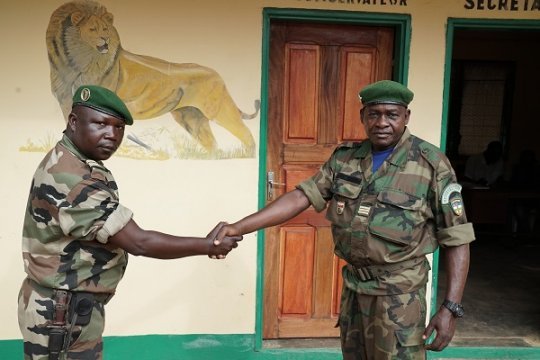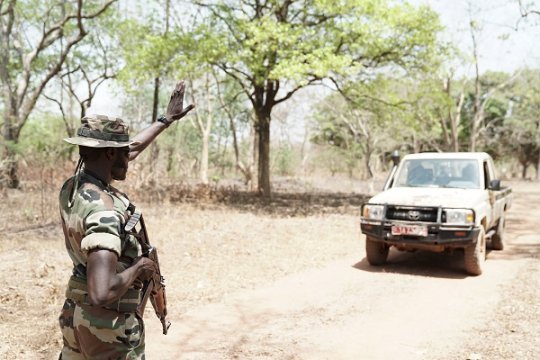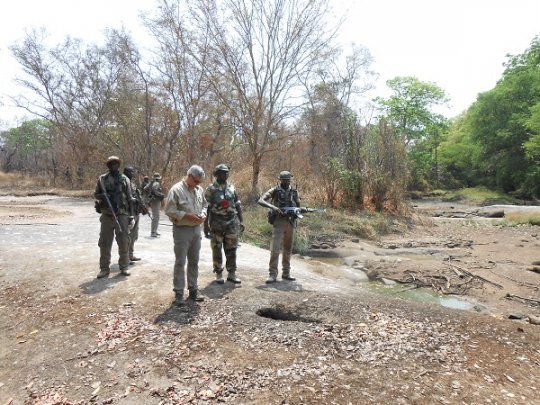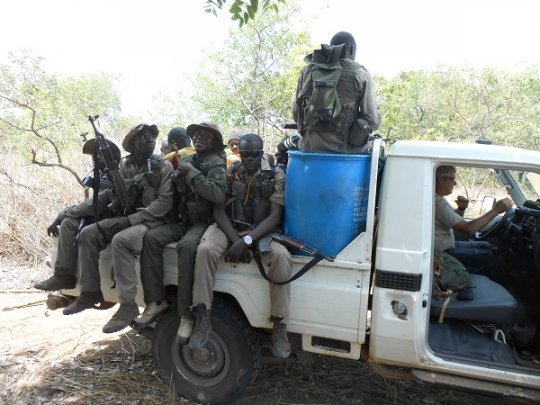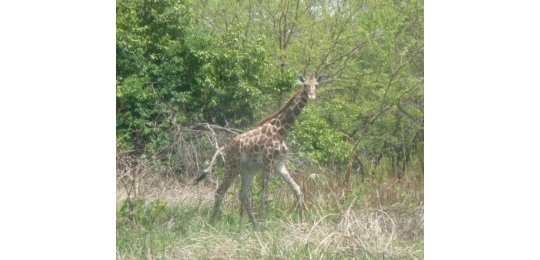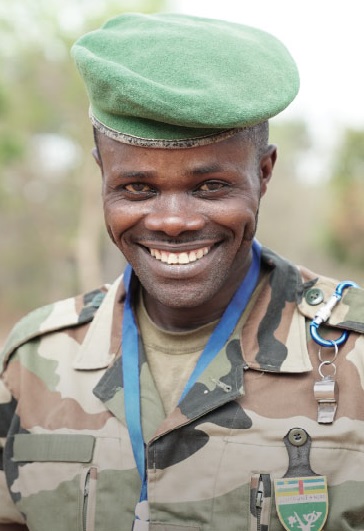

- Contribute to the improvement of environmental governance at the local level
- Promote resources other than large wildlife
- Sharing benefit to the greatest number
Limit the negative impact of uncontrolled activities such as transhumance
Contribute to the preservation of ecosystem services (such as water and watershed management)
ECOFAUNE is developing a spatial development strategy aimed at creating development centers based on
a diversification of zoning and activities, (transhumance corridors, ecological corridors, etc.) and
harmonization of strategies and relevant codes (decentralization, land, environment, wildlife and protected areas, forest, mines, rural / agricultural / livestock development strategy, etc.).
ECOFAUNE aims to orchestrate this development by collaborating with various technical, political, military and civil society actors, who are eager to be involved in the implementation of the development plan.

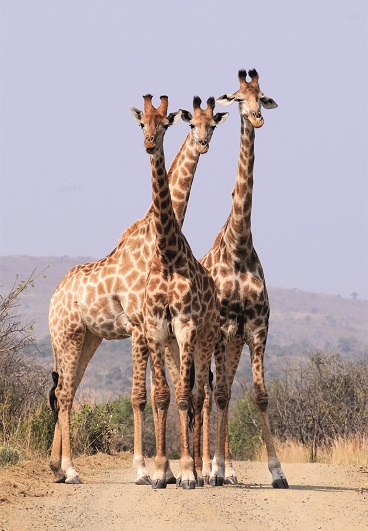
 Manage
Manage
the natural resources and enforce the law

- Train and upgrade the protected area staff
- Support village hunting areas
- Monitor and control so that the protected area contributes to the restoration of security in Northern RCA
ECOFAUNE focuses on a "biodiversity core" of a few thousand square kilometers, which should be gradually expanded as a function of the results generated by conservation activities.
These are measured by a monitoring unit assessing the dynamics of wildlife populations, as well as human activities, in order to guide the area management policy.
An aerial census, a foot survey and camera traps allowed an inventory of the area and the assessment of the impact of the armed conflict since 2012 in terms of predation on the large fauna.
Effective law enforcement is critical to the management of the area. Recruitment and training of rangers was conducted to control capabilities, with a continuous monitoring of patrols for effective resource management.
In doing so, ECOFAUNE contributes to the restoration of security in the North CAR, with the implementation of a warning system at the village level.

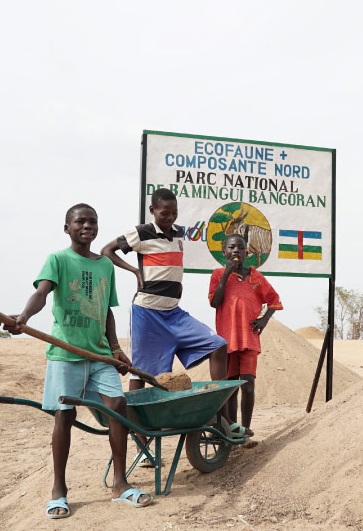
 Contribute
Contribute
to the development of Northern CAR

- Support small projects contributing to the sustainable use of natural resources other than large wildlife
- Support the Chad-CAR border cooperation, for a coordinated and strengthened management of natural resources
ECOFAUNE aims to enhance the human, socio-organizational, economic and natural capital of the North region by supporting socio-economic development initiatives consistent with the orientations of the regional development strategy.
With this approach, ECOFAUNE supports economic activities that are essential alternatives to the income generated by the poaching of wildlife.
This approach also contributes to re-installation of local administrations and the reaffirmation of the rule of law.



